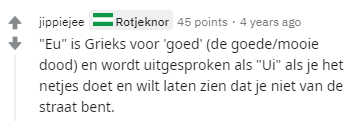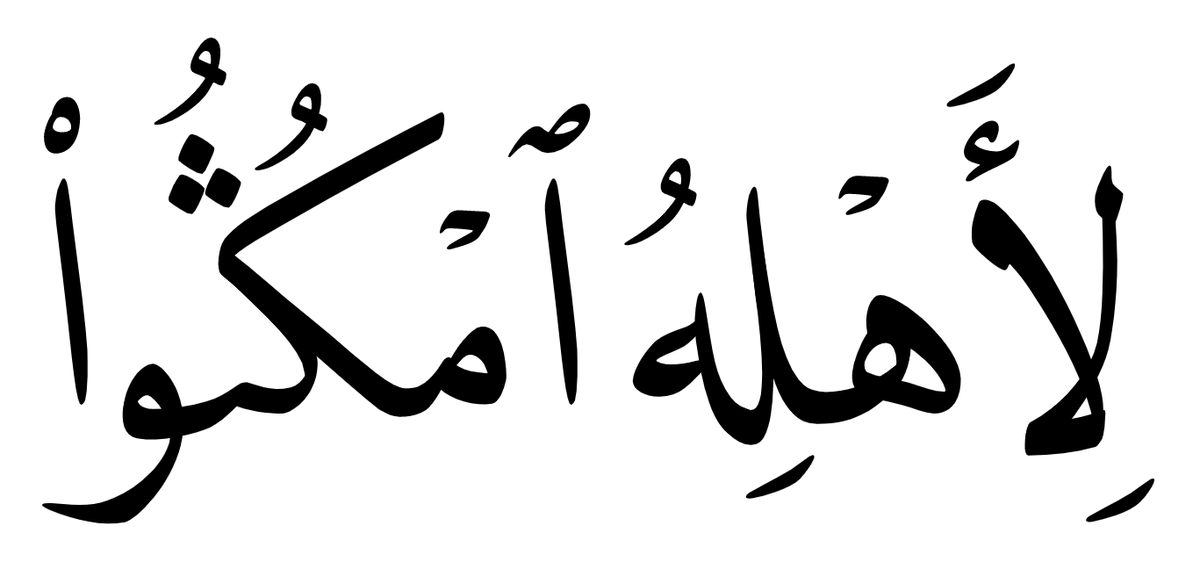It seems that at this stage Dutch borrowed the German reading tradition of Greek.
Thus: <peuter> "toddler" ['pøtəʁ], but <therapeut> [teʁa'pœyt]... But the orthographic mismatch causes conflict.
<therapeut> me: [teʁa'pœyt] gf: [teʁa'pøt]
<euthanasie> me: [œytana'zi] gf: [øtana'zi]
<eufemisme> me: [œyfe'mɪsmə] gf: [øfe'mɪsmə]
<pseudoniem> me: [psœydo'nim] gf [psødo'nim]
Likewise my girlfriend has [œy] for several typical words, like <Zeus> and <Perseus>.
reddit.com/r/thenetherlan…

ko-fi.com/phdnix.
If you want to support me in a more integral way, you can become a patron on Patreon!
patreon.com/PhDniX









